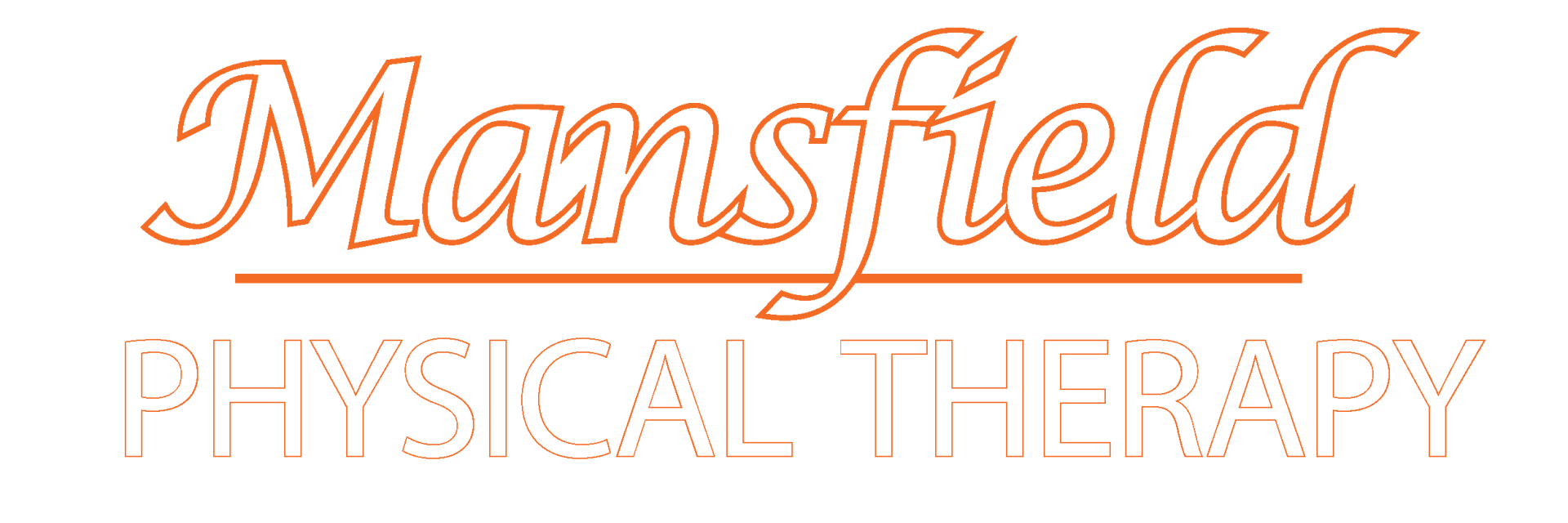Vestibular Therapy
Vestibular therapy is a specialized service in outpatient physical therapy. Vestibular therapists have taken higher education courses to obtain the specialty skillset needed to treat individuals with vestibular deficits. A variety of diagnoses can benefit from vestibular rehabilitation, continue reading to learn more.
What is Vestibular Therapy?
Vestibular therapy, also known as vestibular rehabilitation, focuses on the anatomical systems that coordinate balance and our visual orientation. Treatment can include manual therapy targeting muscle tension or improving range of motion of joints in the cervical region. Vestibular rehabilitation often includes exercises that counteract vertigo. Exercises can include eye movement training, sitting and standing balance training, as well as walking training for improved balance. A common intervention is called the Epley’s maneuver to treat vertigo.
What Type of Diagnoses Benefit from Vestibular Therapy?
Vestibular therapy can help with an extensive list of diagnoses. The most common diagnosis is Benign Paroxysmal Positional Vertigo (BPPV) which causes a sensation of spinning associated with certain head and body positions. Vestibular therapy can also treat symptoms that are common with post-concussion syndrome, post-car accident dizziness, hypo-vestibular syndrome, and general balance training.






